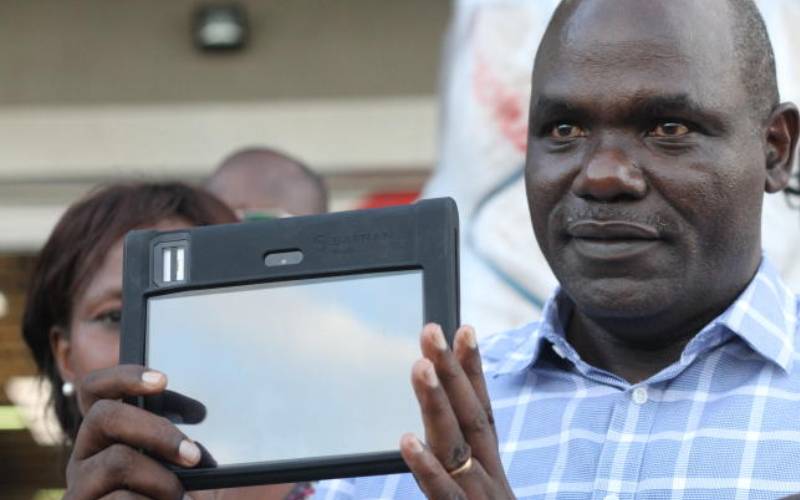×
The Standard e-Paper
Stay Informed, Even Offline

IEBC is targeting to have 25 million registered voters participate in next year's General Election. [Courtesy]
Kenya is preparing for a critical political transition come August 9, 2022. This will be a defining moment in the country’s history since President Uhuru Kenyatta will be handing over power to the next chief executive.